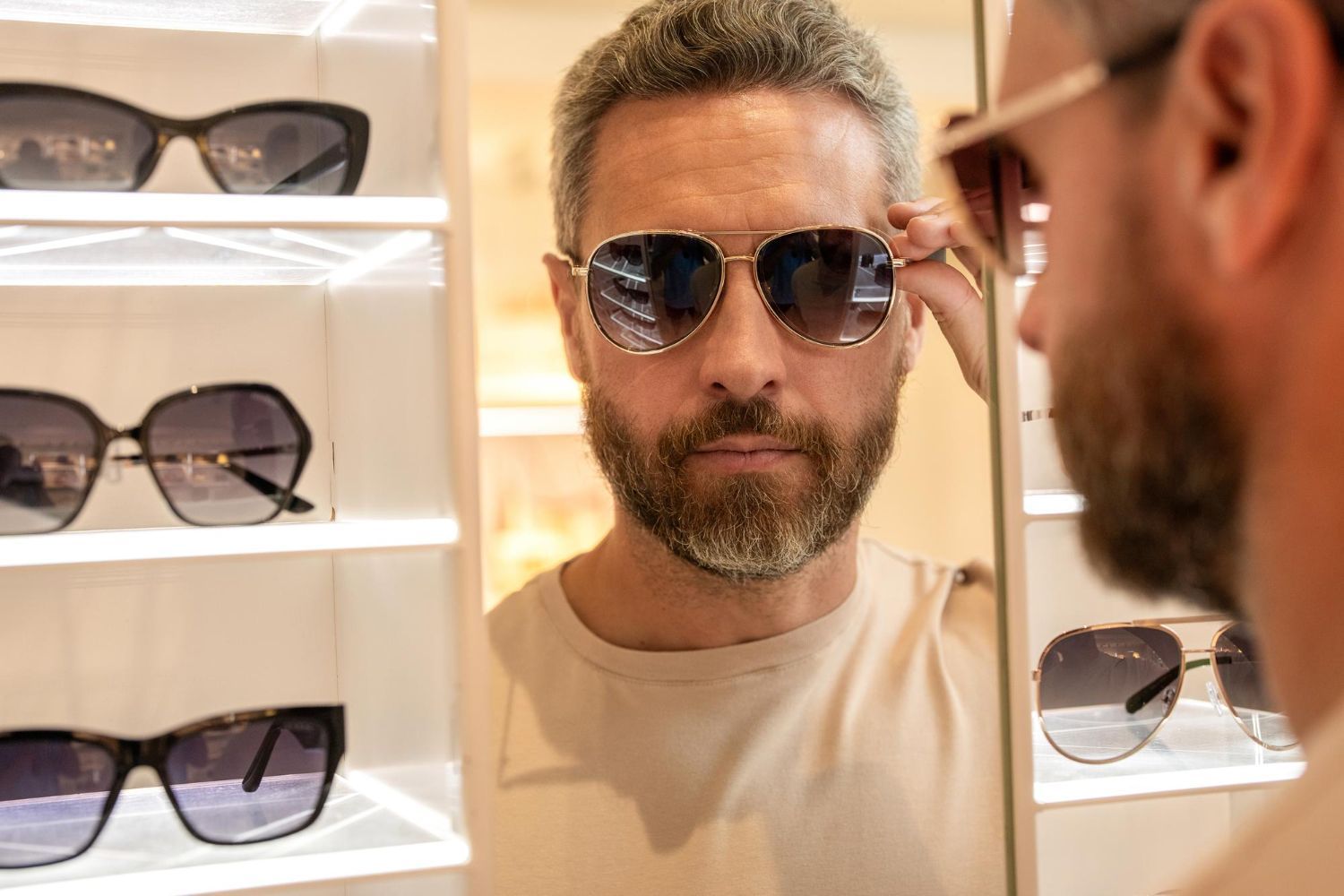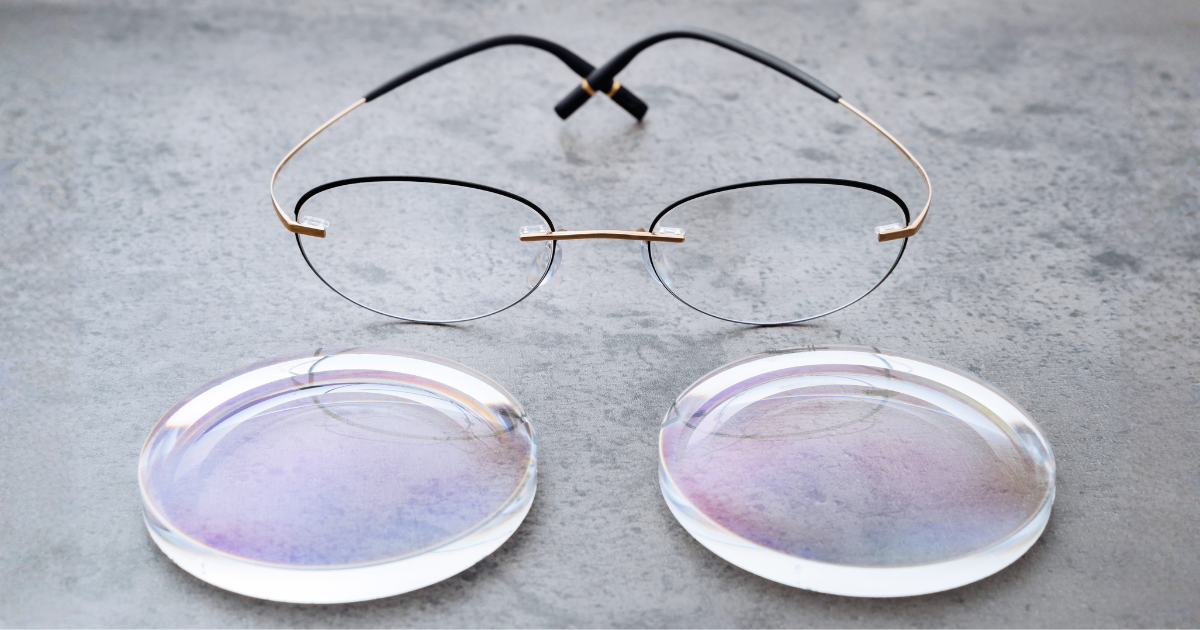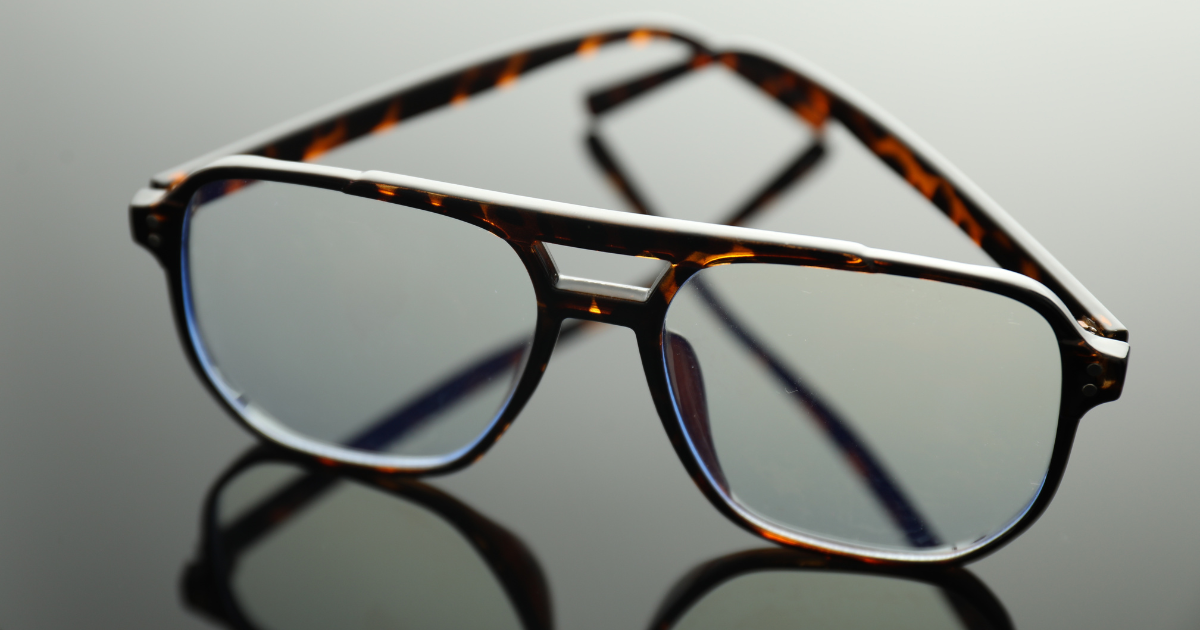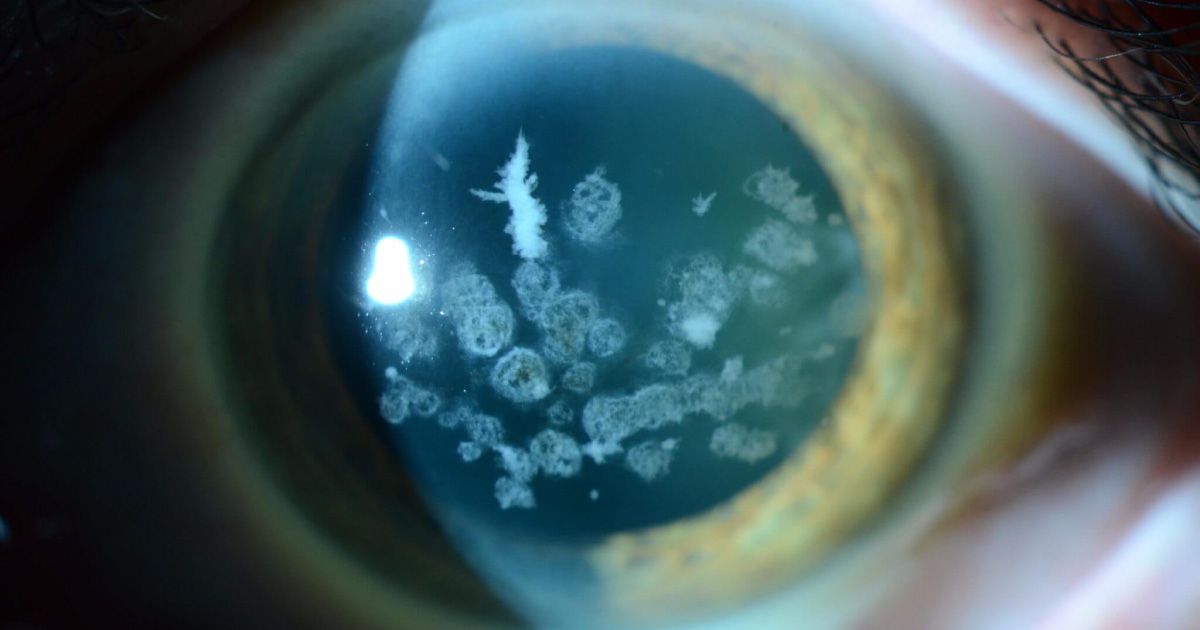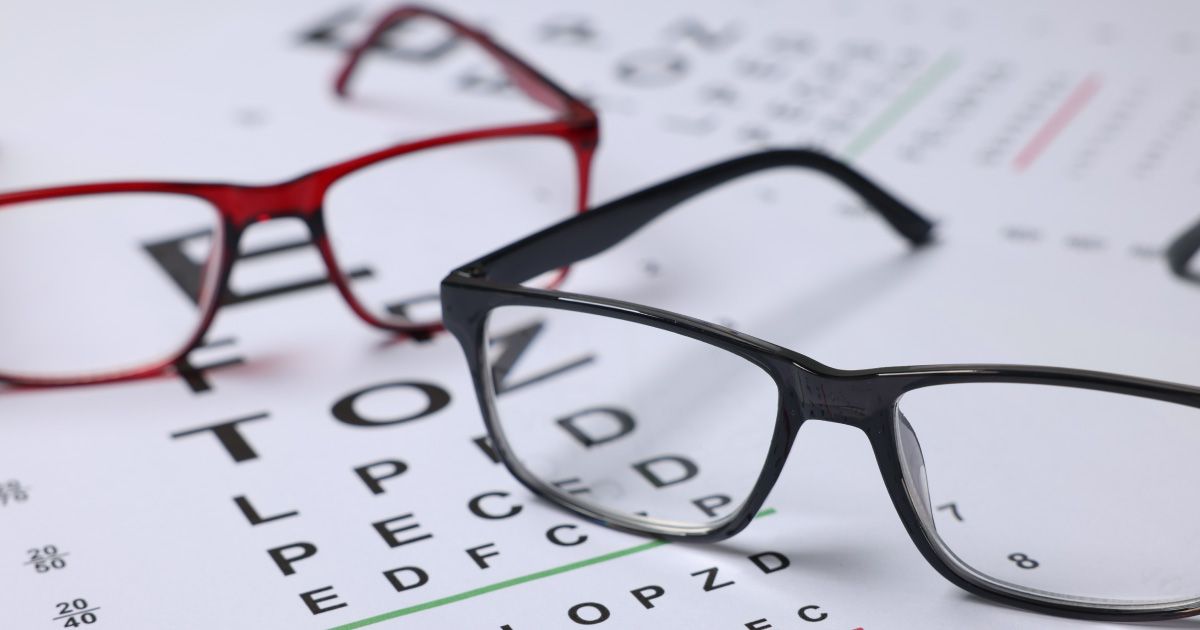How Mental Health Affects Vision: Understanding the Connection

Read time: 5 minutes
Mental health is a crucial component of our overall well-being, influencing various aspects of our physical health, including our vision. While the mind and eyes might seem unrelated, they are intricately connected. This article explores how different mental health conditions affect vision, the symptoms to watch for, and strategies for managing these effects.
The Mind-Eye Connection
The eyes are not just windows to the world; they are also extensions of the brain. The visual system involves a complex interplay between the eyes and the brain, where visual information is processed and interpreted. This relationship means that changes in mental health can directly impact how we see and perceive the world.
Read more about the mind-eye connection from Stanford Health.
Stress and Vision
Stress is a common factor in modern life and can significantly affect vision. When stressed, the body releases hormones like adrenaline and cortisol, which prepare the body for a fight-or-flight response. These hormones can cause several temporary vision changes:
- Eye Strain: Prolonged stress can lead to muscle tension around the eyes, causing discomfort and strain.
- Blurred Vision: Stress can affect the autonomic nervous system, leading to changes in pupil size and light sensitivity, resulting in blurred vision.
- Tunnel Vision: Acute stress can narrow the field of vision, a phenomenon known as tunnel vision, which reduces peripheral awareness.
Anxiety and Vision
Anxiety disorders, characterized by excessive worry and fear, can also impact vision. People with anxiety may experience:
- Visual Disturbances: Anxiety can lead to visual disturbances such as seeing floaters, flashes of light, or a sense of visual distortion.
- Hypervigilance: Heightened anxiety can cause hypervigilance, where the eyes become overly sensitive to movement and light, leading to discomfort and difficulty focusing.
- Dry Eyes: Anxiety often leads to changes in breathing patterns, which can reduce tear production and cause dry eyes.
Depression and Vision
Depression, marked by persistent sadness and a lack of interest in activities, can also affect vision. Common visual symptoms associated with depression include:
- Reduced Visual Contrast: Depression can impair the brain's ability to process visual contrast, making it harder to distinguish between different shades and colors.
- Blurred Vision: Similar to anxiety, depression can cause blurred vision due to changes in the autonomic nervous system.
- Photophobia: Increased sensitivity to light, or photophobia, is often reported by individuals with depression, making bright environments uncomfortable.
Post-Traumatic Stress Disorder (PTSD) and Vision
PTSD is a condition that develops after experiencing or witnessing a traumatic event. It can have profound effects on vision, such as:
- Flashbacks and Visual Hallucinations: Individuals with PTSD may experience flashbacks or visual hallucinations related to the traumatic event.
- Visual Processing Issues: PTSD can impair the brain's ability to process visual information accurately, leading to difficulties in interpreting what is seen.
- Hypervigilance: Similar to anxiety, PTSD can cause hypervigilance, making the eyes overly sensitive to movement and light.
Bipolar Disorder and Vision
Bipolar disorder, characterized by extreme mood swings, can also impact vision. During manic episodes, individuals may experience:
- Heightened Visual Perception: Manic episodes can lead to heightened visual perception, where colors appear more vivid, and details are more noticeable.
- Visual Hallucinations: In severe cases, individuals may experience visual hallucinations.
- Eye Strain and Fatigue: Rapid mood swings and insomnia associated with bipolar disorder can cause eye strain and fatigue.
Schizophrenia and Vision
Schizophrenia, a severe mental health condition, is known for its impact on perception, including vision. Symptoms may include:
- Visual Hallucinations: Individuals with schizophrenia often experience visual hallucinations, seeing things that are not present.
- Impaired Visual Processing: Schizophrenia can affect the brain's ability to process visual information, leading to difficulties in interpreting shapes, colors, and movements.
- Reduced Visual Acuity: Some individuals with schizophrenia may experience a decline in visual acuity, making it harder to see fine details.
Effects of Medications on Vision
Medications used to treat mental health conditions can also affect vision. Common side effects of psychiatric medications include:
- Blurred Vision: Many antidepressants and antipsychotic medications can cause blurred vision as a side effect.
- Dry Eyes: Medications such as selective serotonin reuptake inhibitors (SSRIs) can reduce tear production, leading to dry eyes.
- Visual Disturbances: Some medications can cause visual disturbances such as floaters, flashes of light, or changes in color perception.
Managing Vision Changes Due to Mental Health
Understanding the connection between mental health and vision is crucial for managing symptoms effectively. Here are some strategies to help manage vision changes associated with mental health conditions:
- Regular Eye Exams: Regular eye exams can help detect and address any vision changes early. Communicate any mental health conditions with your eye care provider.
- Stress Management Techniques: Practices such as mindfulness, meditation, and yoga can help reduce stress and its impact on vision.
- Adequate Sleep: Ensuring adequate sleep is essential for overall health, including eye health. Create a relaxing bedtime routine to improve sleep quality.
- Healthy Diet: A balanced diet rich in vitamins and minerals supports overall health and can positively impact vision. Omega-3 fatty acids, found in fish, and vitamins A, C, and E, found in fruits and vegetables, are particularly beneficial.
- Hydration: Staying hydrated can help prevent dry eyes and maintain overall eye health.
- Regular Breaks from Screens: If you spend a lot of time in front of screens, take regular breaks to reduce eye strain and discomfort.
- Professional Support: Seek support from mental health professionals to manage underlying conditions effectively. Therapy and counseling can help address the root causes of stress, anxiety, and other mental health issues.
The Takeaway
The intricate connection between mental health and vision underscores the importance of addressing both aspects of health simultaneously. By understanding how mental health conditions affect vision, individuals can take proactive steps to manage their symptoms and maintain both their mental and visual well-being. Regular eye exams, stress management techniques, and professional support are crucial components in ensuring a holistic approach to health. Remember, taking care of your mind is just as important as taking care of your eyes.
Share this blog post on social or with a friend:
The information provided in this article is intended for general knowledge and educational purposes only and should not be construed as medical advice. It is strongly recommended to consult with an eye care professional for personalized recommendations and guidance regarding your individual needs and eye health concerns.
All of Urban Optiks Optometry's blog posts and articles contain information carefully curated from openly sourced materials available in the public domain. We strive to ensure the accuracy and relevance of the information provided. For a comprehensive understanding of our practices and to read our full disclosure statement, please click here.






